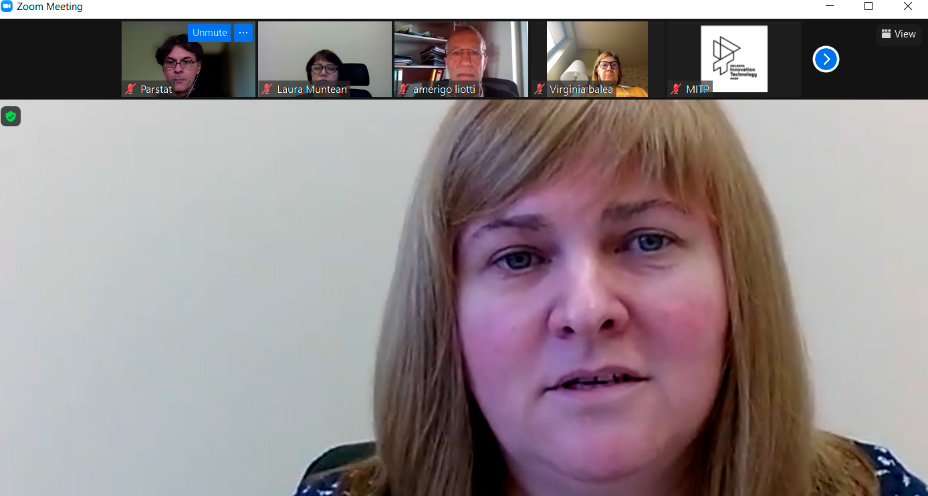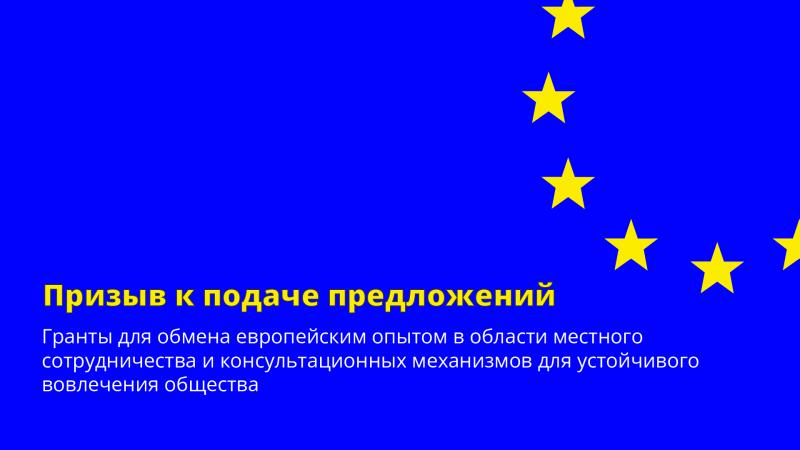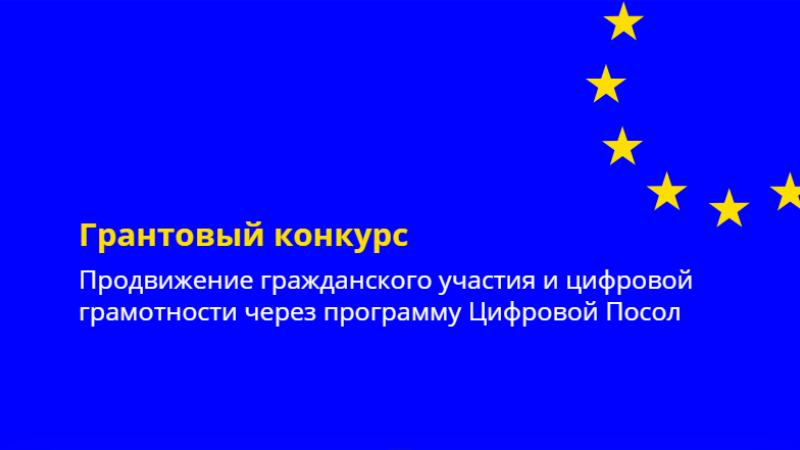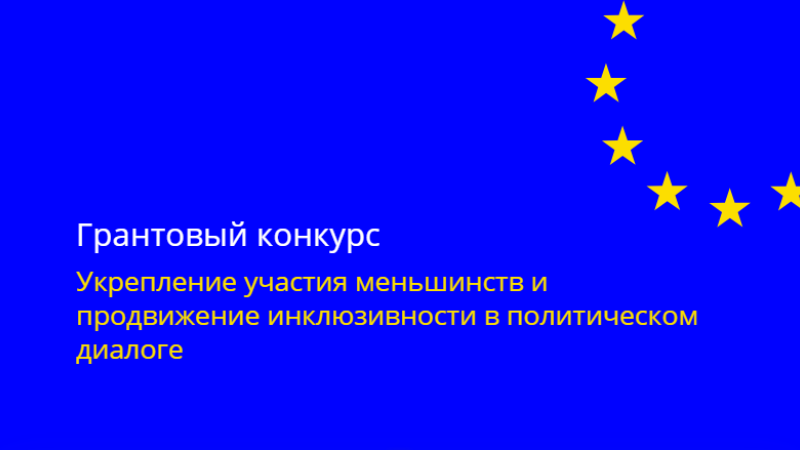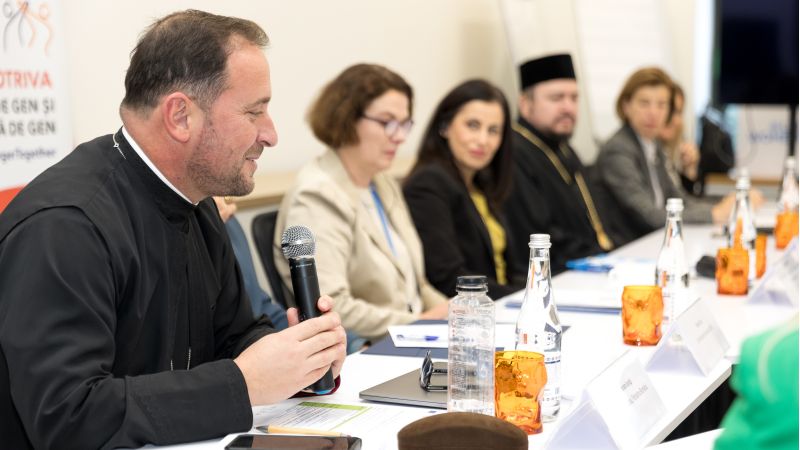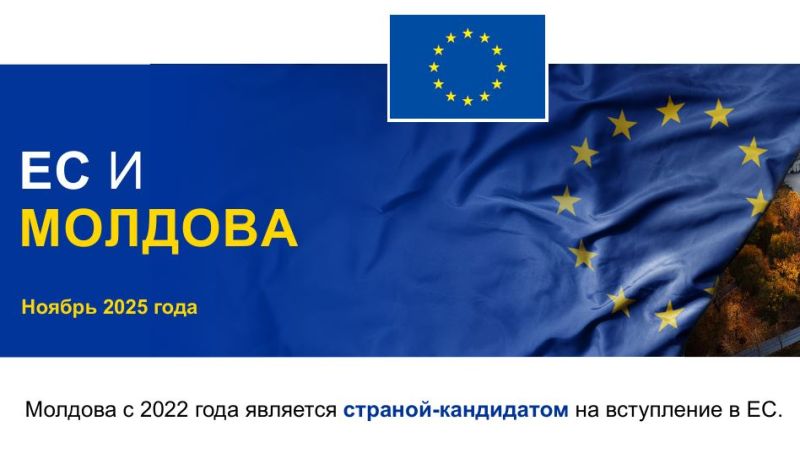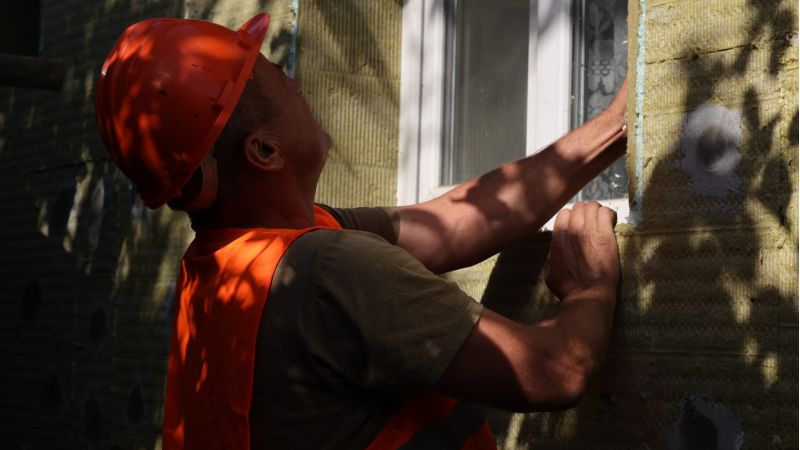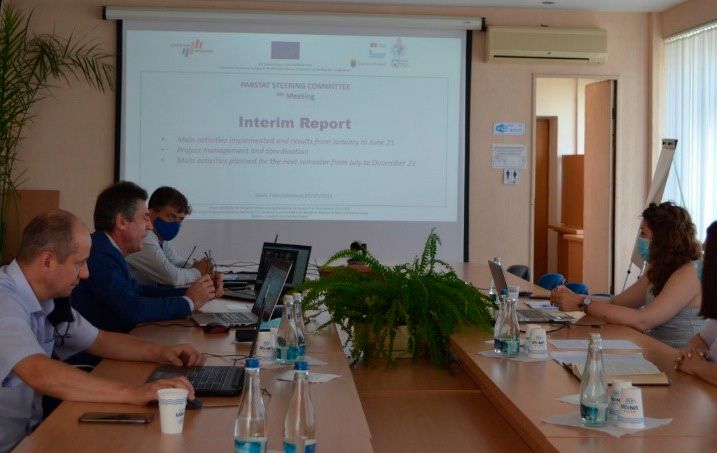
ЕС ПРОДЛИЛ ПРОЕКТ В ПОМОЩЬ НАЦИОНАЛЬНОМУ БЮРО СТАТИСТИКИ РЕСПУБЛИКИ МОЛДОВА
The use of new methods for the collection of statistical data for households and housing units, based on the Computer Assisted Personal Interviewing (CAPI) method has been piloted for the Labour Force Survey (LFS) and for the establishment at the NBS of a geospatial database containing the spatial location, and other data, on the addresses of buildings and housing units. CAPI is a modern alternative for the traditional paper-based statistical data collection, where interviewers use handheld electronic devices (e.g., tablets) to collect data from respondents. The collected statistical data is synchronised in real time with a central server at the NBS and in a cloud environment.
Moreover, additional support was provided on the European Survey of Income and Living Conditions (EU-SILC). EU-SILC survey is the main source for the compilation of structural indicators on social cohesion at EU level. Both cross-sectional and longitudinal data on income, living conditions, material deprivation and social exclusion are usually collected with SILC. The project trained NBS staff on the main theoretical and practical standards related to data on income, social inclusion and living conditions, provided the main methodological concepts on the EU-SILC adapting them to the national context of Moldova. At present, Moldovan statistics on income and living conditions are based on the Household Budget Survey (HBS), already in line for several aspects with the European standards. However, planning and conducting an EU-SILC in Moldova, would allow the country to fully align to methodological and data dissemination EU standards for data on income, living conditions and social exclusion.
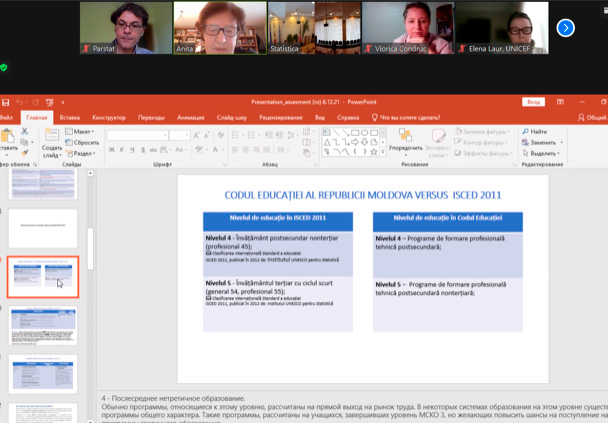
Project activities were also focused on supporting the NBS to revise and prepare a pilot survey on Information and Communication Technology (ICT) in enterprises. The project supported the NBS in drafting a new questionnaire for the ICT survey in enterprises, following the EU and international standards. The new questionnaire will be tested next year with 50 Moldovan enterprises.
